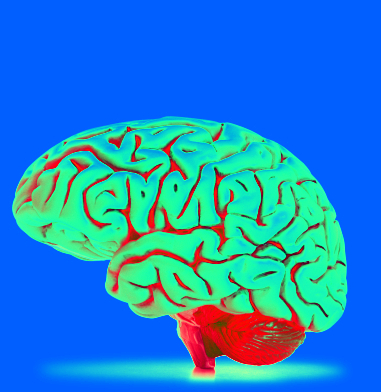Old brain claims holding us back
 There are many completely false yet popular myths about the brain, and a new study say they can hinder factual learning.
There are many completely false yet popular myths about the brain, and a new study say they can hinder factual learning.
Teachers in the UK, Holland, Turkey, Greece and China were presented with seven so-called ‘neuromyths’ and asked whether they believed them to be true.
They were all common misconceptions about the brain, which have been soundly proven false.
More than a quarter of teachers in the UK and Turkey thought a student’s brain would shrink if they drank less than six to eight glasses of water a day.
Around half of those surveyed said the brain was only 10 per cent active, and that children are less attentive after sugary drinks and snacks.
Over 70 per cent of teachers in all countries wrongly believed a student is either left-brained or right-brained, peaking at 91 per cent in the UK.
Finally, almost all teachers (over 90 per cent in each country) felt that teaching to a student’s preferred learning style - auditory, kinaesthetic or visual - is helpful, despite no clear evidence ever being found to support this approach.
The new research from the University of Bristol, published in Nature Reviews Neuroscience, calls for better communication between neuroscientists and educators.
The report blames wishfulness, anxiety and a bias towards simple explanations as typical factors that distort neuroscientific fact into neuromyth.
Such factors also appear to be hampering recent efforts of neuroscientists to communicate the true meaning of their work to educators.
The report highlights several areas where new findings from neuroscience are becoming misinterpreted by education, including brain-related ideas regarding early educational investment, adolescent brain development and learning disorders such as dyslexia and ADHD.
The review concludes that in the future, close collaboration between education and neuroscience will allow the former to be enriched rather than misled by latter.







 Print
Print